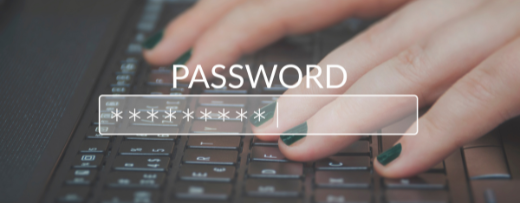World Password Day

Today is World Password Day! Celebrate the day by adopting good password practices.
Passwords provide the first line of defence against unauthorised access to your devices and personal information. The stronger your password, the more protected your device will be from hackers and malicious software. You should maintain strong passwords for all of your online accounts.
Here are some of the best password tips and tricks!
- Make passports long, complex, and unique
Have long, complex, unique and well-managed passwords. Meeting the minimum password requirements for a password is not enough. It is recommended at least twelve characters using a mix of capitals, numbers, and symbols.
- Use a password generator
Use a password manager which can generate passwords that are virtually impossible to crack.
- Use a passphrase
Use a passphrase, which is simply a longer password. It can even be a sentence with spaces and punctuation. The benefit of passphrases is that typically they are easier to remember but more difficult to crack due to their length.
- Use multi-factor authentication
Multi-factor authentication (MFA) is an electronic authentication method that requires two or more pieces of evidence (factors). This approach simply adds another layer to the authentication process.
- Use a password manager
Password managers remove any inconvenience without compromising security. A password manager also makes keeping unique logins simple, reducing the impact if you are compromised.
- Check your accounts regularly
It’s important to watch your accounts to make sure they have not been compromised. If you do find out you have a compromised account, change that password and anywhere else that password was used immediately. ‘haveibeenpwnd’ is a fantastic website which allows you to search to see if your email(s) or password(s) have been compromised.
- Don't use the same password or passphrase in multiple places
If a breach occurs and your data is stolen then all your accounts that have the same credentials are also compromised.
- Don't save your password in a browser, Excel spreadsheet, or text editor
If you store your passwords in a text editor or in an online email, anyone who can make a backup of your hard drive can get to that information. Even copying and pasting from one place to the other leaves a trail.